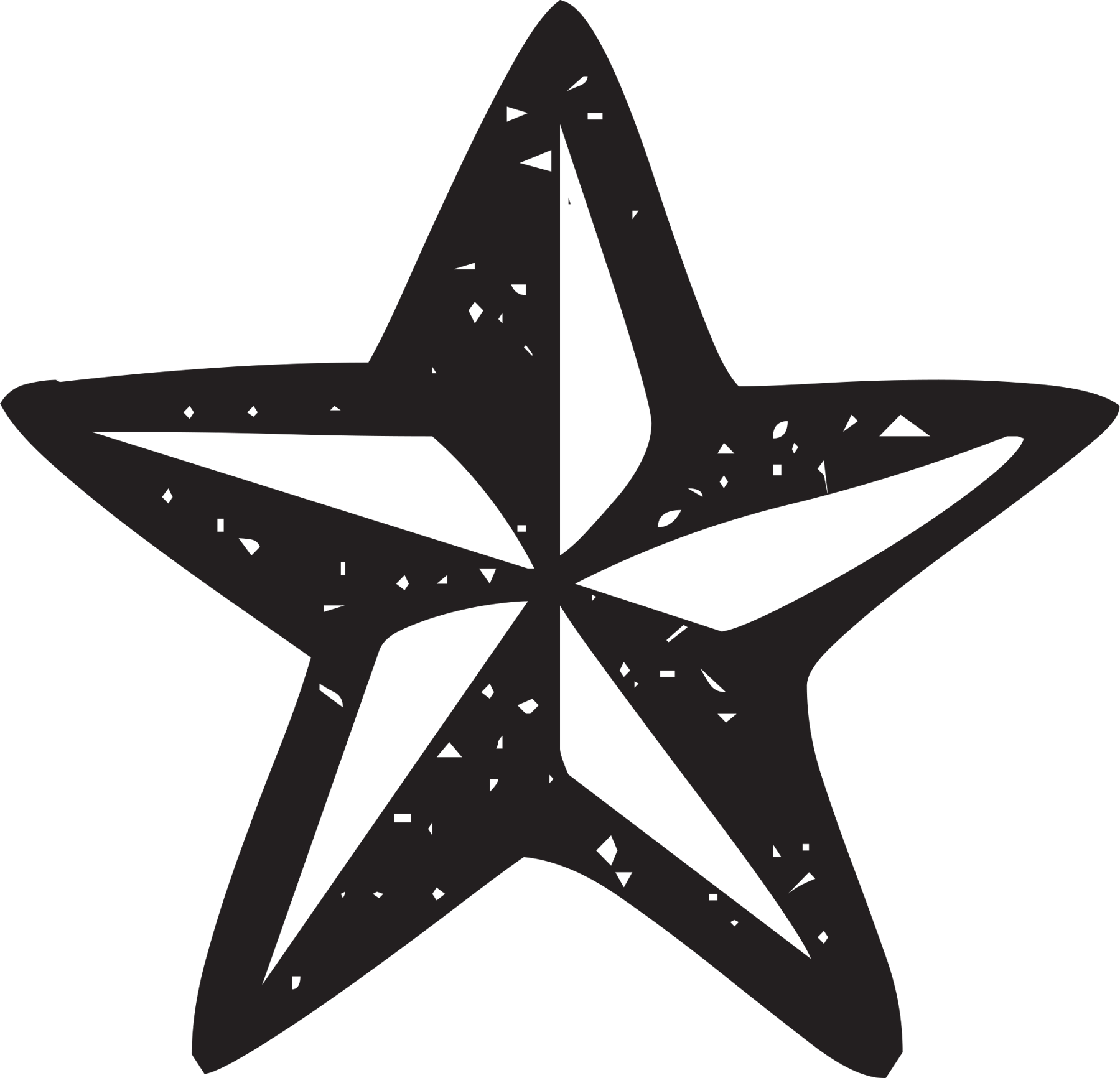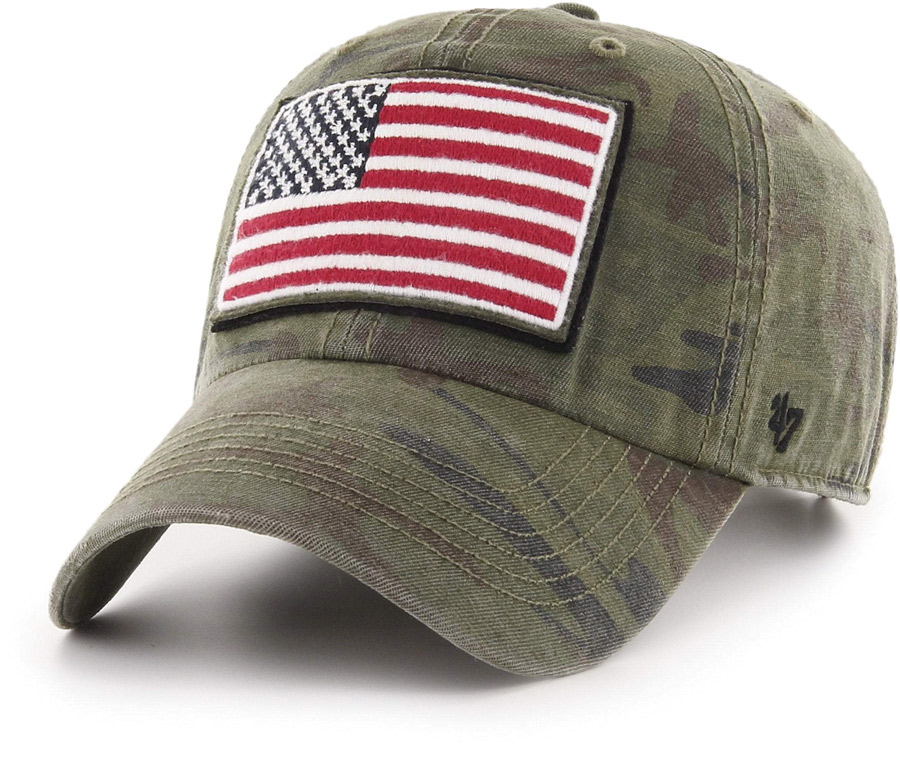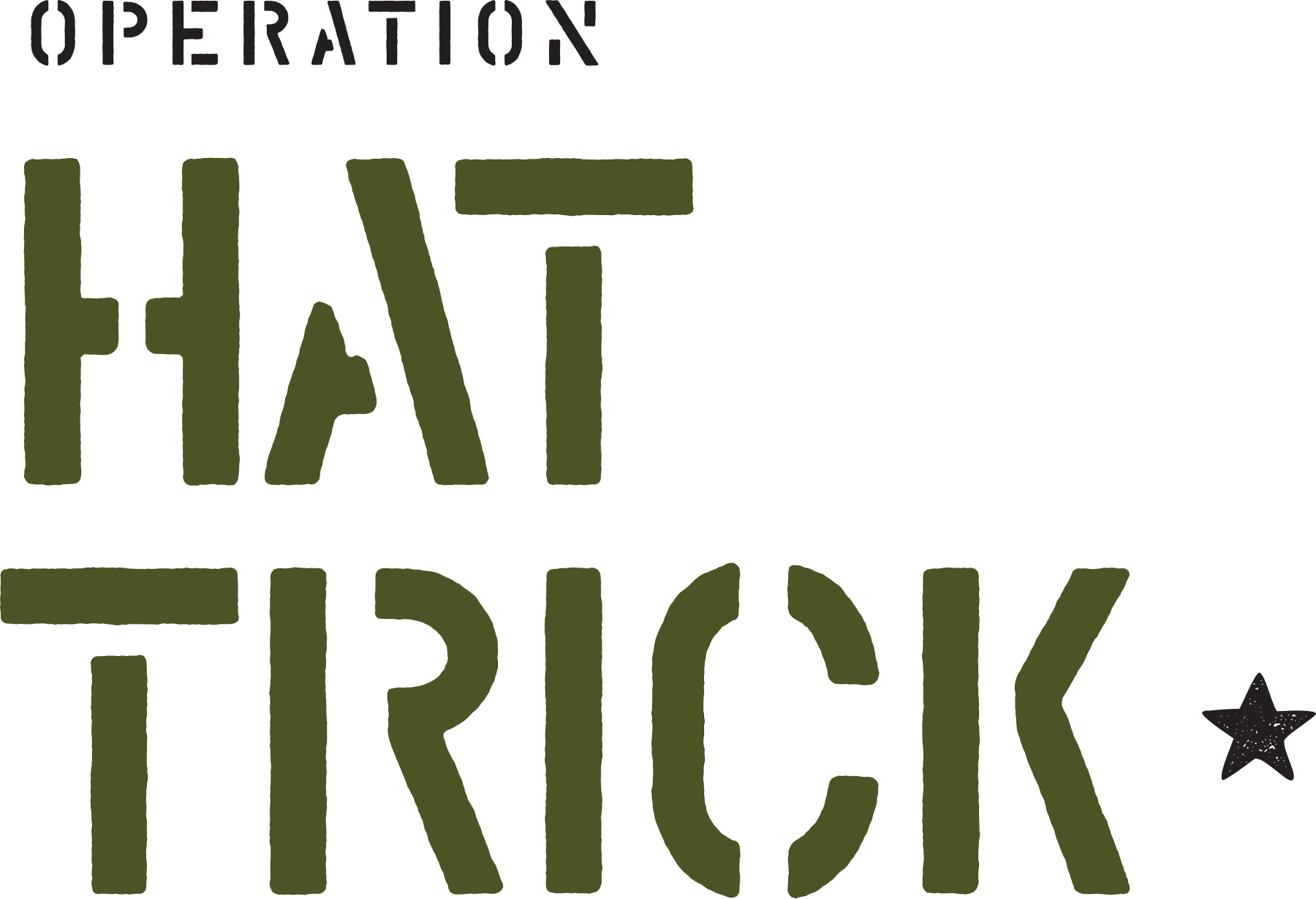
Operation Hat Trick
Michelle Morrissey
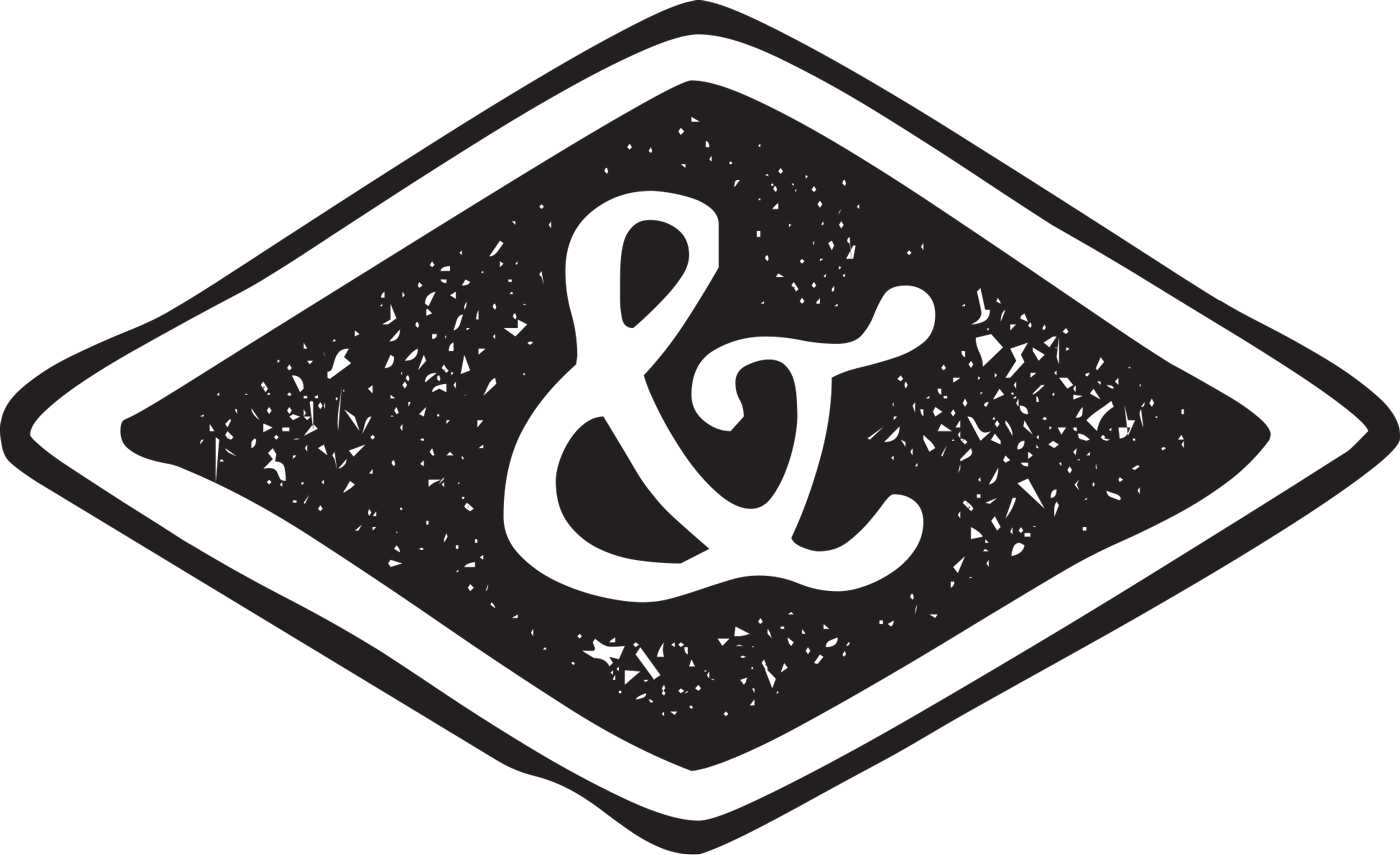
portrait by
Perry Smith
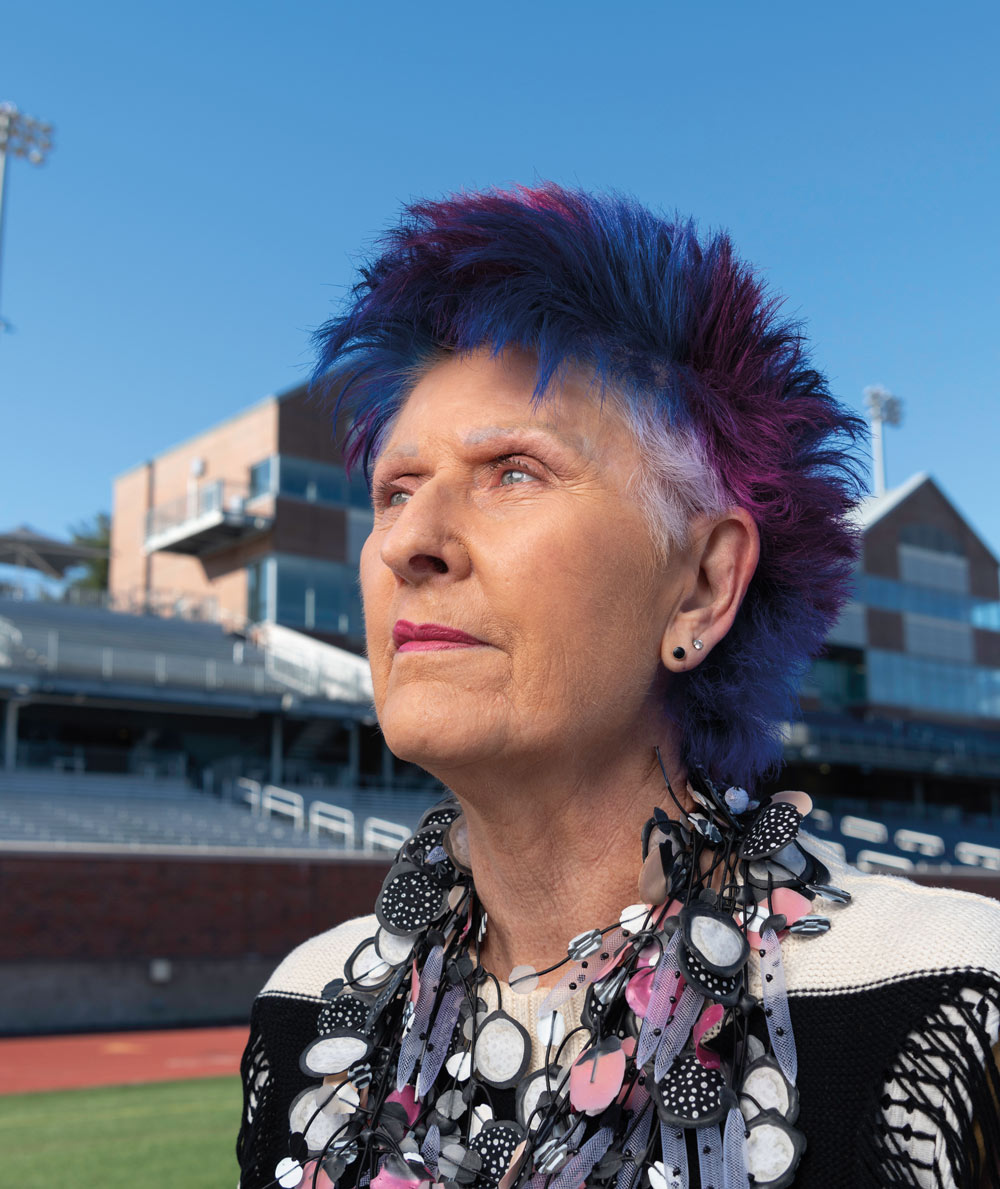
But she wasn’t prepared to see the extent of injuries in the young men and women there. And the mental and emotional wounds, while invisible, were still evident during the visit.
“At Walter Reed you have to go stand in the hall if you start crying, and what I saw that day had me standing in the hall quite a bit,” Sheehan recalls.
The personal stories of those service members stay with her, these 15 years later, and are big parts of the motivation she has for making that organization, Operation Hat Trick (OHT), into an ever-expanding social impact venture that combines support for veterans with athletics branding and licensing.
The idea for OHT came from something she heard on a radio morning show: the one thing wounded service members wanted upon their return from Iraq and Afghanistan was a hat to cover head wounds and scars. At the time, Sheehan was UNH’s senior associate athletic director for external relations, and so was always on the lookout for charitable projects that bring visibility to UNH.
The concept percolated, but it wasn’t until she heard of the death of Navy SEAL Nate Hardy in February 2008 that it took on new focus. Nate’s parents are Sheehan’s friends, UNH kinesiology professor Steve Hardy and his wife, Donna, a staff member in UNH’s psychology department (both are now retired from the university).
And so Operation Hat Trick was born, dedicated to Nate Hardy and his friend and fellow Navy SEAL Mike Koch (the two fought together and were killed together in Iraq). Its initial goal was to provide baseball caps bearing the UNH athletics logo on the front and ‘OHT’ on the back to military veterans with head and neck wounds.
“In the beginning, I didn’t know enough to be afraid,” says Sheehan, as she looks back on the past 15 years. “And a lot of things fell into place — it was a lot of luck, but a hell of a lot of hard work, too, that’s for sure.”
Operation Hat Trick is still one of the most notable success stories to come out of UNH Innovation, the campus unit that protects, promotes and manages UNH’s innovations, supports start-up companies based on UNH’s intellectual property and develops new opportunities for university and industry collaboration.
The business model is simple: OHT partners with universities and other athletic organizations, creating awareness and support for wounded veterans and service members through the sale of OHT branded merchandise. It also works with corporations and other businesses (see sidebar). OHT merchandise can also be found at retailers like Wal-Mart and NHL and NBA stores. A portion of each sale of OHT licensed products goes back to the nonprofit, which then awards funding to well-vetted organizations that benefit individuals in need. OHT benefits UNH, too, with a royalty from product and merchandise sales going back to the university, as OHT has licensed trademarks from UNH.
Some of the other schools on OHT’s roster — such as Clemson, University of Texas and University of Alabama, to name a few — are places where school pride runs high and sports fans are fervent to support their teams. OHT collaborates with more than 500 universities “from Alaska to Maine,” Sheehan likes to say, and in recent years has spent more time partnering with those organizations they support with grants to help them advance their causes (see sidebar).
The proceeds go to support the recovery of wounded service members and veterans. True to its slogan, “They promised to defend, we promise to support,” OHT supports nonprofit organizations that fill gaps in critical care for veterans — helping them acquire service dogs, pay for emergency housing costs and get much-needed healthcare. In recent years, the unseen wounds of war — PTSD or other mental-health issues — have become a special focus.
Sheehan relies on her previous experience as one of the first female agents in sports to negotiate contracts for professional athletes (think Tom Cruise’s “Jerry Maguire” with less ethical ambiguity and cooler hair).
“Doing this work is the most fun I’ve ever had. Sure there are days where you cry when you think of some of these stories … lots of those kids are between the ages of 22 and 25, and here they are a triple amputee. Now what?” she explains. “But it just motivates me. When I call someone and talk about how they should go into business with us, and they say ‘no,’ that just means ‘not yet’ in my mind.”
Andy Beaupre ’75, a member of OHT’s board, says one of the biggest factors in the organization’s success is Sheehan herself.
“Dot is a force of nature. As an entrepreneur I always related personally to her because I saw this authentic passion that existed from the very beginning. I loved her drive and her motivation,” he says. “Nothing will stop Dot Sheehan, in the nicest and most effective of ways.”
“We feel honored that Nate and Mike are remembered through this organization; we can’t help but be proud of what’s been given back to our veterans,” says Donna Hardy.
Husband Steve currently serves as chairman of the OHT board. He called the growth “stunning — especially if you think back, it started out as giving away hats.”
He recalls the first donation OHT made to Walter Reed, a big paper check for something like $1,400. “And in 2022, for the first time, we cracked a million dollars we gave away,” he says. “There’s nothing more fun than giving money to worthy causes, is there?”
Sheehan says the next big thing for OHT will be tied to the country music industry — but not anything that will require the hiring of more staff or having a formal office somewhere other than her Hampton home.
“We’re small and we want to stay small. I still want to be able to call somebody who we think is in trouble and help them out. We’ve seen what happens when an organization gets too big; they lose sight of the mission. We’d never want that. And we want to know where every dollar goes,” she says. Sheehan is proud that OHT regularly receives a Platinum Seal of Transparency for responsible stewardship from GuideStar, a leading nonprofit resource.
Running a national operation with a small staff means Sheehan is the face, voice and personality of OHT — a 24/7 gig she says works just fine for her. “This really got bigger than anybody thought. Somewhere I realized I wanted this to be my legacy. When you know there’s a need out there, and you know what the appreciation is and the impact you can have, you really don’t mind doing it.”
